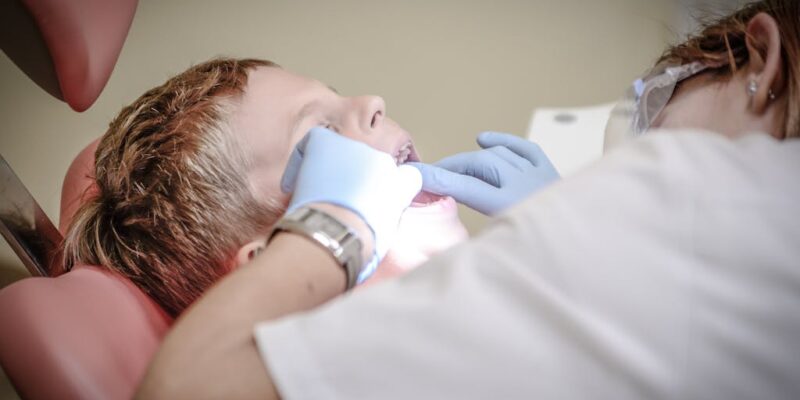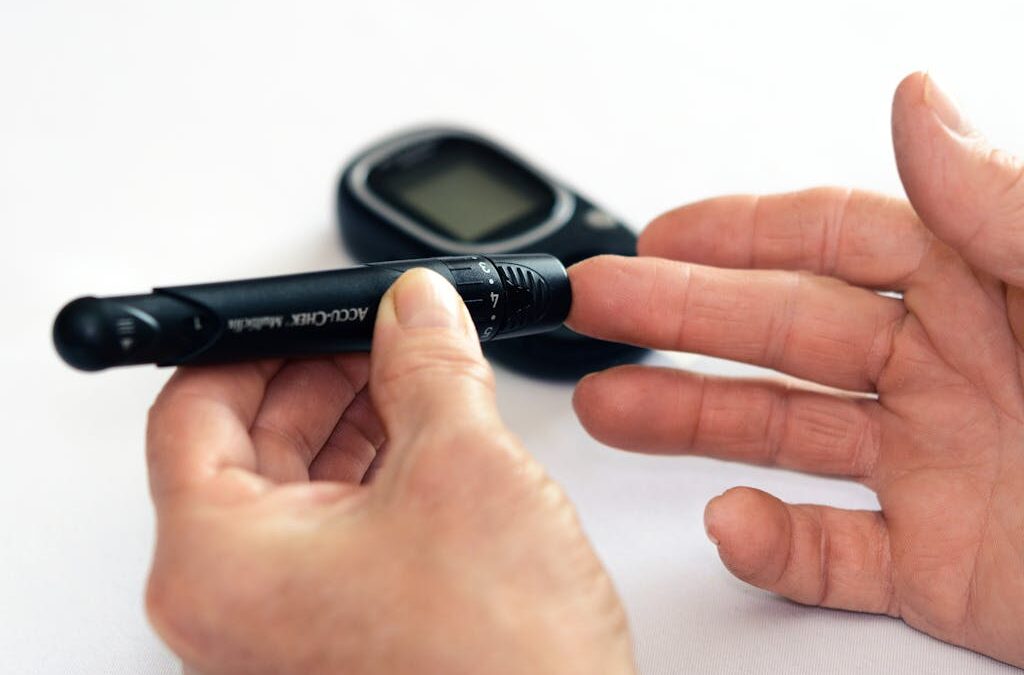Essential Tips for Maintaining Good Dental Health
One of the most important habits for maintaining good dental health is brushing your teeth twice a day. Use fluoride toothpaste and a soft-bristled toothbrush to effectively clean your teeth and remove plaque. Make sure to brush for at least two minutes each time, paying attention to all surfaces of your teeth. Brushing in the morning and before bed helps prevent tooth decay and gum disease.
Floss Daily
Flossing is essential for removing food particles and plaque from between your teeth and under your gumline, where your toothbrush may not reach. Daily flossing helps reduce the risk of cavities and gum disease. Use a gentle, back-and-forth motion to avoid damaging your gums. If you find traditional floss challenging, consider using floss picks or an interdental brush.
Visit Your Dentist Regularly
Regular dental check-ups and cleanings are crucial for maintaining oral health. Schedule a visit to your dentist every six to twelve months for a professional cleaning and examination. Your dentist can identify potential issues early, provide treatments if needed, and offer personalized advice on maintaining good dental health.
Use Mouthwash
Mouthwash can help reduce bacteria in your mouth, freshen your breath, and reach areas that brushing and flossing might miss. Choose a mouthwash that contains fluoride for added protection against cavities. Rinse according to the instructions on the product label, and use it as a complement to your brushing and flossing routine.
Maintain a Healthy Diet
Your diet plays a significant role in your dental health. Consume a balanced diet rich in fruits, vegetables, lean proteins, and whole grains. Limit sugary and acidic foods and beverages, as they can contribute to tooth decay and erosion. Drinking plenty of water throughout the day also helps wash away food particles and bacteria.
Avoid Tobacco Products
Tobacco use is harmful to your oral health and can lead to serious conditions such as gum disease, tooth loss, and oral cancer. Avoid smoking and using other tobacco products to protect your teeth and gums. If you need help quitting, talk to your healthcare provider for support and resources.
Protect Your Teeth
If you participate in sports or other activities that pose a risk of injury, consider wearing a mouthguard to protect your teeth from damage. A mouthguard can help prevent chipped, cracked, or knocked-out teeth. Your dentist can help you get a custom-fitted mouthguard for the best protection and comfort.
Practice Good Oral Hygiene Habits
In addition to brushing and flossing, other oral hygiene habits contribute to overall dental health. Replace your toothbrush every three to four months or sooner if the bristles become frayed. Use toothpaste with fluoride to strengthen tooth enamel and protect against cavities. Avoid brushing too hard, as this can damage your gums and tooth enamel.
Address Dental Issues Promptly
If you experience any dental issues, such as tooth pain, sensitivity, or bleeding gums, address them promptly. Ignoring dental problems can lead to more severe issues and complications. Contact your dentist as soon as you notice any symptoms to receive timely treatment and prevent further damage.
Educate Yourself About Oral Health
Staying informed about dental health practices and advancements can help you make better decisions about your oral care. Read articles, watch videos, or attend workshops on dental health topics. Educating yourself about proper techniques and new products can enhance your oral hygiene routine and improve your overall dental health.







